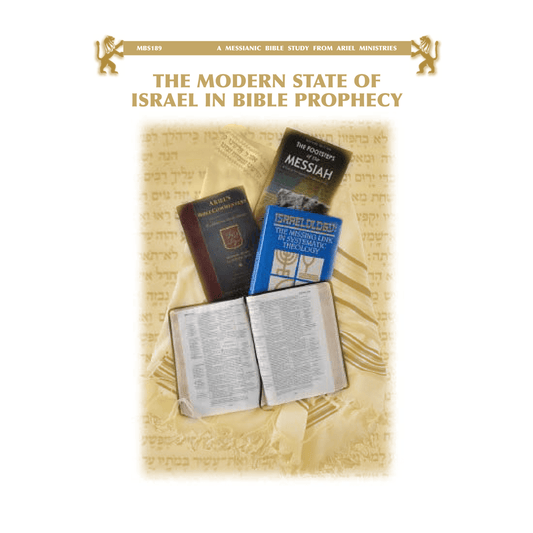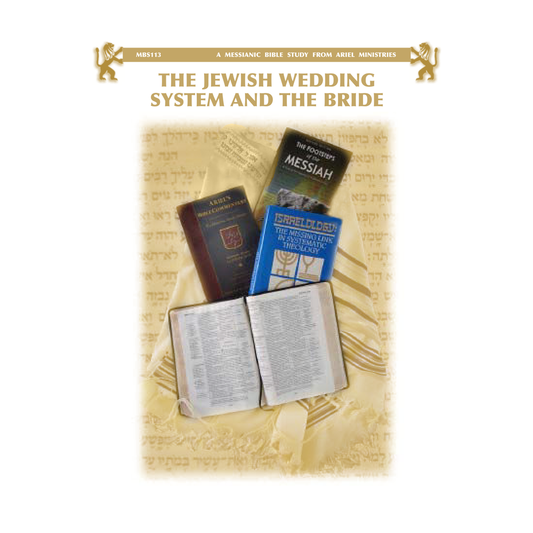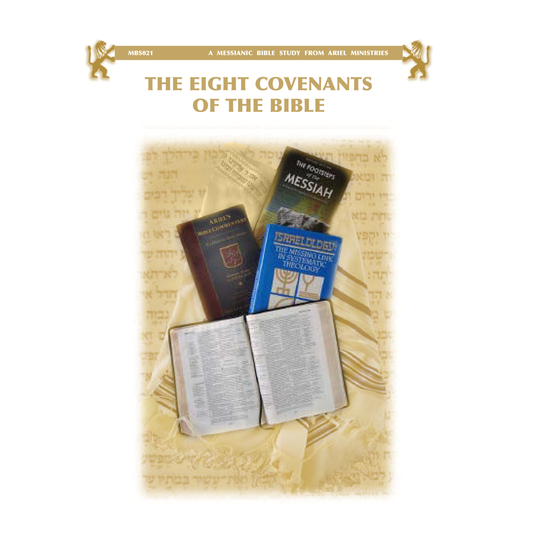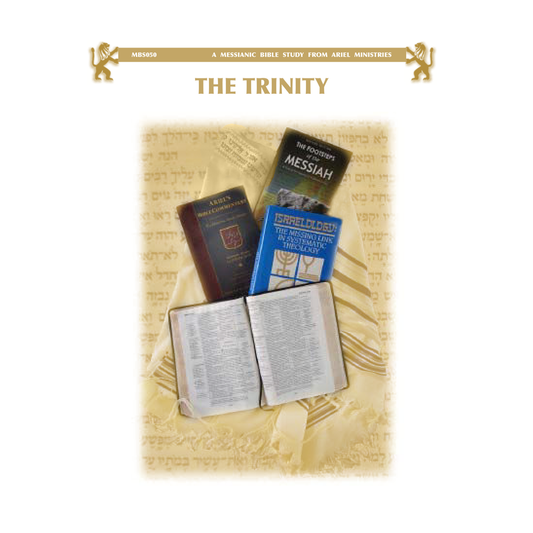[Here is the full text of the QUESTION from the reader:]
In 2 Thessalonians 2:2, the King James Bible says “day of Christ,” but the NASB says “day of the Lord.” Is there a difference between the two phrases? Some are teaching that the “day of Christ” is the rapture. I know the Old Testament says the “day of the Lord” is the tribulation. Please help me know and understand if both phrases mean the same thing.
Here is Arnold’s ANSWER:
As to your question about II Thessalonians 2:2, the King James Version rendering of the verse using “day of Christ” is inaccurate. Most other versions have correctly rendered it as “day of the Lord.” The “day of Christ” is the rapture, but the “day of the Lord” is a reference to, and the most common name in both testaments for, the seven-year period known as the tribulation.
So, Paul is comforting the Thessalonian believers in that they do not need to be disturbed by any reports that claim the “day of the Lord” (i.e., the tribulation) has come. He says that cannot happen until other things happen first. One of these things is in verse 3 and translated in many English versions as the falling away. However, the Greek word simply means “departure.” This could refer to a moral departure, but it can also refer to a physical departure.
From the overall context of this passage, we identify this “departure” as the physical departure of the church from the earth. Further evidence of this identification is based upon the fact that Paul earlier wrote First Thessalonians to the same group of believers and told them that while the body of Messiah (the church) will participate in the rapture (I Thess. 4:13-18), it will not participate in the “day of the Lord” (I Thess. 5:1-11). Therefore, we believe that the best way to interpret 2 Thessalonians 2:2 is that it refers to the “day of the Lord,” that is, the tribulation.





